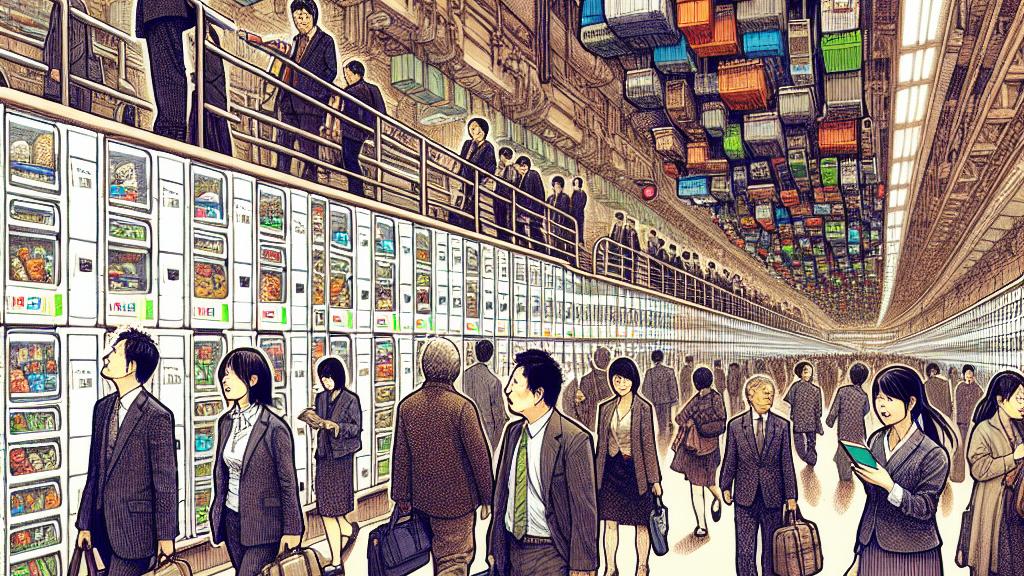Seibu Railway Utilizes Station Lockers to Reduce Food Waste
Overview
- Seibu Railway teams up with innovative startups to sell food items nearing expiration.
- Smart lockers provide a hassle-free method for customers to collect food without entering stores.
- This groundbreaking initiative aims to combat food waste while fostering sustainable consumption habits.

Context and Location of the Initiative
While Japan is known for its bustling cities and vibrant culture, it is also grappling with a significant food waste problem. In response, Seibu Railway is stepping up with a ground-breaking initiative in Saitama and Tokyo, launching on October 21, 2024. This project will roll out at 19 strategically chosen train stations, giving commuters a chance to purchase delicious food items that are close to their expiration dates. Notably, by facilitating access to these edible products, Seibu Railway encourages busy families and daily commuters alike to embrace environmentally-conscious purchasing behaviors, contributing to a larger movement aimed at reducing waste in everyday life.
Key Features of the Smart Locker System
One of the standout features of this initiative is the innovative use of smart lockers in collaboration with Cocooking's popular ‘TABETE’ service. Picture this: after a long workday, a commuter can scroll through an app to discover a tantalizing selection of meal options from nearby restaurants—foods that would have otherwise gone to waste. With just a few taps on their smartphone, they can place an order and, without ever stepping inside a store, simply pick up their meal from a secure locker. For example, a beloved local diner may be offering their signature ramen at a discount in an effort to minimize waste. This system not only saves diners time but also transforms the shopping experience by aligning it with sustainability goals, showcasing how sleek technology can serve a dual purpose of convenience and environmental responsibility.
Wider Impacts on Society and the Environment
The implications of this initiative stretch far beyond mere convenience; they resonate deeply with pressing environmental and societal concerns. This project embodies the spirit of the United Nations' Sustainable Development Goals (SDGs) by presenting an innovative framework for addressing food waste within urban infrastructures. In reality, Japan throws away approximately 570,000 tons of food each year—that’s equivalent to the weight of more than 30 blue whales, a striking metaphor that underscores the urgency of reducing waste. Moreover, by implementing this program, Seibu Railway is not only targeting behavioral changes among consumers but also sparking critical conversations about responsible consumption. By taking bold steps such as these, Seibu Railway positions itself as a leader in promoting sustainable practices, inspiring other companies and communities to join in the fight against food waste while nurturing a more responsible future for everyone.

Loading...